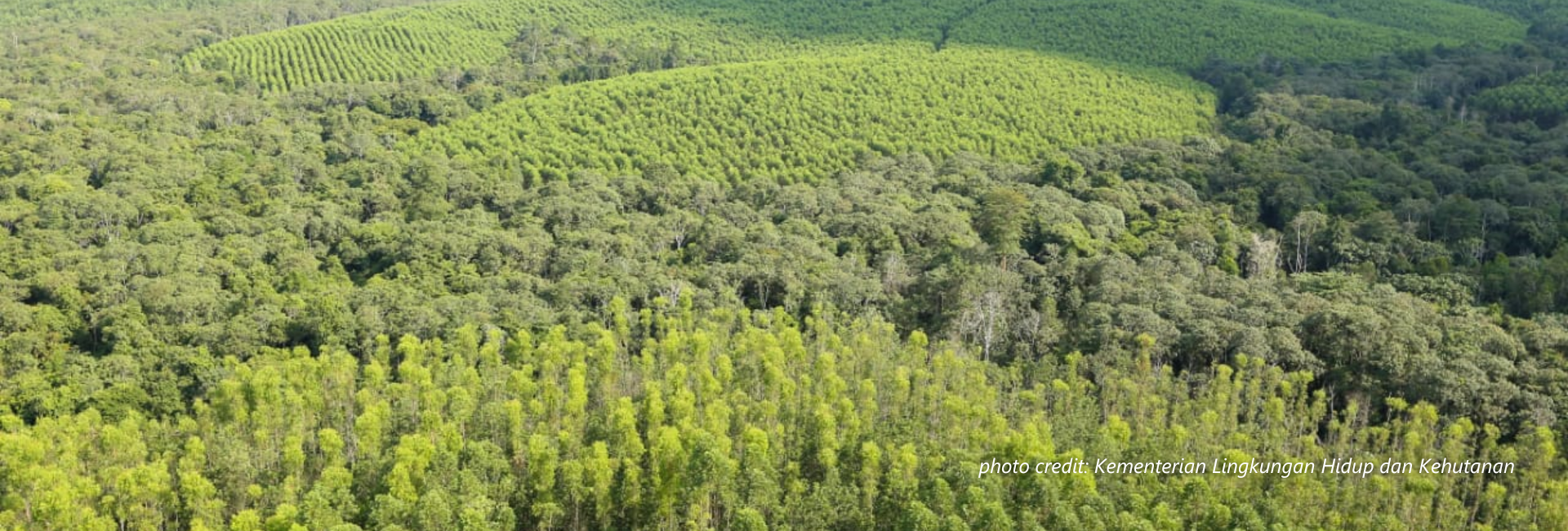Community-based management is an increasingly important form of governance and control of forests and other natural resources. In Indonesia, government policy aims to expand the role of communities in controlling and managing forests. Since the 1970s, many different forms of community forestry (CF) have been implemented in Indonesia but there has been little systematic analysis of these different approaches. This paper presents a typology of CF in Indonesia to present academic knowledge of CF in a form that is useful for practice. The typology acknowledges the networked nature of communities and was developed through qualitative analysis of 311 documents representing 112 cases of CF. Two dimensions emerged that illustrate the evolution of CF: a 'formality' dimension and a 'support' dimension. The former indicated the degree of government authorisation and the latter indicated the degree and type of support provided to communities from governments, businesses, NGOs or other external actors. Nine types of CF were identified, six formal, two partially formalised and one informal. An analysis of these types revealed there are mixed benefits for communities in formalising their access to forests and that the challenges, and therefore needs for support, differ markedly between communities. This study provides a systematic basis for researchers aiming to understand the processes of transition to CF, and for policy makers and practitioners aiming to implement CF in Indonesia and elsewhere.



